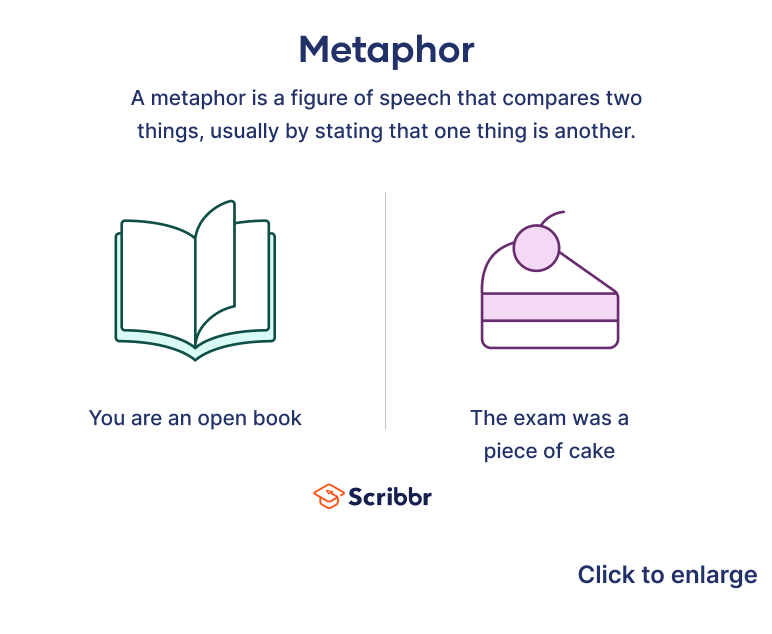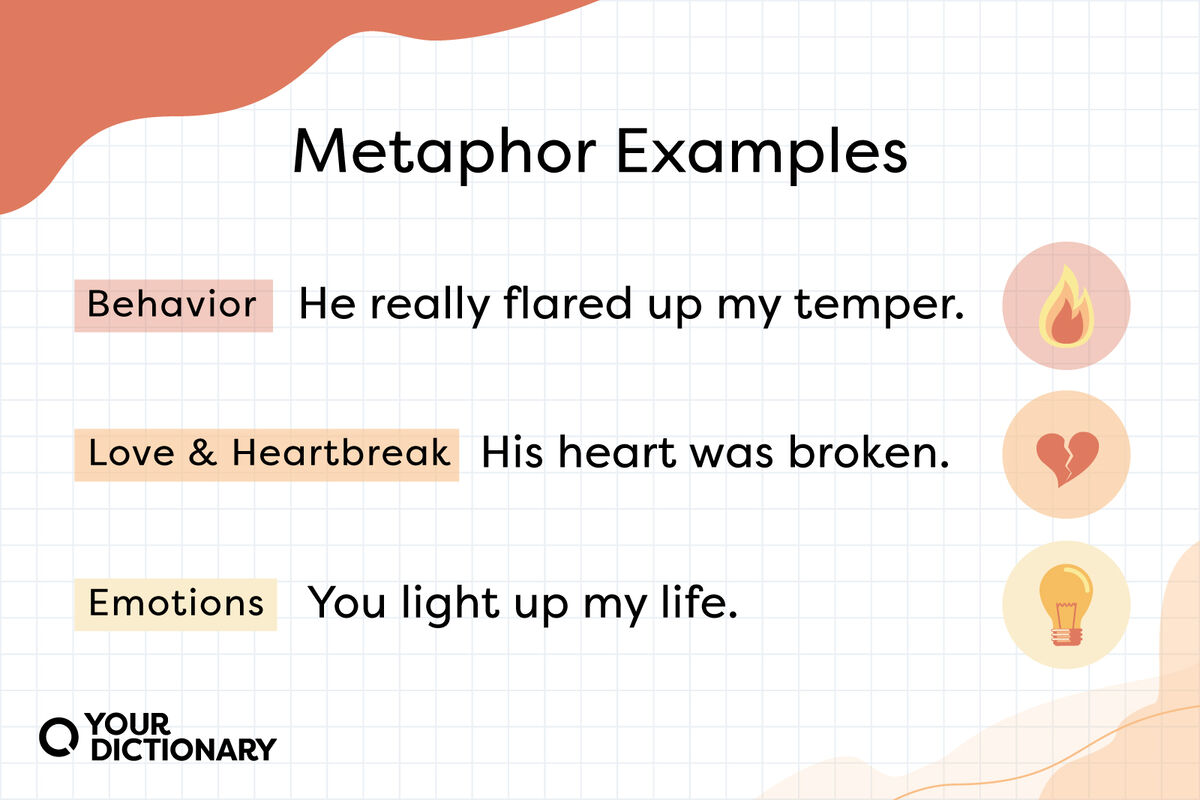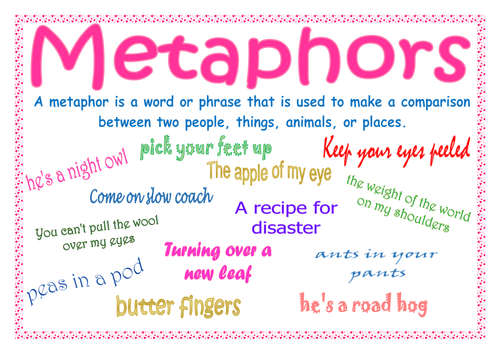The Metaphor Refantazio Crack: Reshaping Reality Through Language
Have you ever read something, or heard a phrase, that just clicked in a totally new way? It's that moment when words don't just describe a thing, but they actually make you see it, or feel it, in a completely different light. You know, like a little jolt that shifts your perspective.
Sometimes, a really good comparison, a metaphor, can do this trick. It takes something you thought you knew, and then it shows it to you through another lens. This can be quite surprising, making your mind work a bit differently. It's almost like a tiny, quiet revolution happens inside your head, just from a few well-chosen words, you know?
Today, we're going to explore what we call the "metaphor refantazio crack." This is a special kind of experience where a metaphor is so striking, it creates a small opening, a "crack," in your usual way of thinking. This crack then lets in a "refantazio," a re-imagining or a fresh new fantasy about the idea. We'll look at how these linguistic shifts happen and why they matter, actually.
Table of Contents
- What is a Metaphor Refantazio Crack?
- Everyday Cracks: Metaphors in Action
- Literary Cracks: Deepening Our View
- The Feeling of a Refantazio Crack
- Building Your Own Refantazio Cracks
- The Lasting Impact of Refantazio Cracks
- Frequently Asked Questions About Metaphors
- A New Way to See
What is a Metaphor Refantazio Crack?
A metaphor refantazio crack happens when a comparison is so spot-on, so unexpected, or so vivid that it doesn't just explain something; it truly transforms how you picture it. It's like you're looking at a familiar picture, and then suddenly, a new dimension opens up. This is that moment of sudden, fresh insight, you know?
The Spark of Re-imagining
Think about it: a metaphor takes one thing and says it *is* another, totally unrelated thing. This isn't just a simple "like" or "as" comparison. Instead, it's a direct statement that forces your brain to connect two different ideas. This connection can spark a real re-imagining, a new way to understand, so.
When this spark happens, it creates that "crack." It's a small break in the ordinary way you see things, allowing a new, often more colorful, "refantazio" to take hold. It's a very powerful trick language can play on us, really.
- Maine Cabin Masters Jedi
- North Hills Aaa
- Modesto Family Court
- S In Walnut Creek
- La Catrina Mexican Grill
Beyond Simple Comparison
Many people think of metaphors as just fancy ways to talk. But a true metaphor refantazio crack goes much deeper. It doesn't just compare; it fuses. It makes you feel the qualities of one thing as if they belong to the other. This can be quite profound, actually.
For instance, if someone says "my father is like a rock," that's a comparison. But if they say "my father is a rock," it feels different. It suggests strength, dependability, and a steady presence. The "rock" qualities become part of the father's very being in your mind, in a way.
Everyday Cracks: Metaphors in Action
These "cracks" aren't just for fancy books. They happen all the time in how we talk and think. We use them to make our points clearer, or just to add a bit of flavor to our words. They help us get a better grasp on things, you see.
When Life Feels Like a Storm
Consider a situation where emotions are running wild, very intense and overwhelming. We often say "emotions are a volcano erupting." This isn't just a pretty phrase. It makes you feel the pressure, the heat, and the sudden, uncontrollable force of those feelings. It's a bit scary, that.
This metaphor gives you a picture, a "refantazio," of what intense emotion feels like. It's not just "I'm upset"; it's a powerful, unstoppable force, just like a volcano. This comparison creates a crack, letting you picture the true scale of the feelings, so.
Sneaky Snakes and Stubborn Mules
We've all met someone who is a "snake in the grass." This isn't literal, of course. But the image it conjures – a hidden, deceptive creature ready to strike – is incredibly strong. It immediately tells you about the person's untrustworthy nature. It's a very vivid picture, is that.
Similarly, calling someone "stubborn as a mule" is a common one. It paints a clear picture of someone unwilling to budge, just like a mule known for its strong will. These everyday metaphors create immediate refantazio cracks, shaping our view of people instantly, you know?
Rooms Like Pigsties: Visualizing Disorder
When someone says "his room was a pigsty," you don't need to see it to know what they mean. You instantly picture a place that is incredibly messy, dirty, and disorganized. The image of a pig's pen, where pigs live, is just so clear, isn't it?
This metaphor creates a visual refantazio crack. It takes the idea of a messy room and slams it together with the most chaotic, dirty animal dwelling you can imagine. It's a pretty effective way to describe extreme untidiness, in a way.
Literary Cracks: Deepening Our View
Writers, especially, are masters of creating metaphor refantazio cracks. They use them to add layers of meaning, to make us feel deeply, and to help us connect with stories on a much richer level. This is where language truly shines, naturally.
Dickens' Timeless Contrast
Think about the opening of Charles Dickens' *A Tale of Two Cities*: "It was the best of times, it was the worst of times..." This isn't just saying things were good and bad. It's a powerful metaphor for a period of extreme contradiction. It sets a mood, a deep sense of opposing forces, almost immediately.
This phrase creates a refantazio crack in our historical perspective. It makes us see that era not as a simple line of events, but as a swirling mix of opposites. It's a profound way to start a story, really, and it sticks with you.
Percy Jackson's Symbolic World
The Percy Jackson stories are, frankly, a metaphorical goldmine. Lightning bolts don't just zap things; they stand for raw power. Quests aren't just adventures; they symbolize personal growth and finding your way. Monsters aren't just scary creatures; they represent inner fears or societal challenges, you see.
Each of these comparisons creates a refantazio crack. They make the mythical world of Percy Jackson feel incredibly relevant to our own lives. The stories become more than just fantasy; they become a way to explore our own growth and struggles, in some respects.
The Feeling of a Refantazio Crack
These linguistic shifts aren't just intellectual. They often come with a feeling, a sudden recognition, or even a sense of mild surprise. It's that moment when something just clicks into place, you know?
Emotions Like Volcanoes
We already talked about emotions as a volcano. When you truly feel that comparison, it's not just a thought; it's a visceral image. You might feel the heat, the pressure building, the sudden, explosive release. This is the "refantazio" taking hold, making the abstract feeling concrete, so.
This powerful image helps us talk about things that are otherwise hard to put into words. It gives shape to the shapeless, making intense feelings a bit more understandable, to be honest.
The Blindness of Not Knowing
Ignorance is often described as "being in the dark" or "wearing blinders." These aren't just casual phrases. They create a refantazio crack that makes you feel the limitation of not knowing. You picture someone stumbling, unable to see what's right in front of them, or only seeing a very narrow view, you know?
This helps us understand the true nature of ignorance: it's not just a lack of facts, but a lack of sight, a kind of mental darkness. It's a pretty strong way to put it, that.
Waving Back: A Moment of Awkwardness
Here's a relatable one: a metaphor for embarrassment is "like when you accidentally wave back at someone who was actually waving at the person behind you." It's a long phrase, but it perfectly captures that sudden, stomach-dropping feeling of awkwardness. You know that feeling, right?
This creates a very specific refantazio crack. It takes the general idea of embarrassment and turns it into a concrete, slightly painful, and utterly relatable moment. It's like trying to play it cool after something like that happens, but you just can't, naturally.
Building Your Own Refantazio Cracks
So, how can you create these powerful linguistic shifts yourself? It's about looking at things differently, and then finding just the right words to share that new view. It takes a bit of thought, you know?
Thinking Like Mud
If you want to create a metaphor, start by really thinking about the qualities of the thing you want to compare. For example, if you're thinking of "mud," what comes to mind? Is it sticky, messy, deep, squishy, dark, slow? Make a list of everything you think of when you think of mud, first, so you know what qualities you are trying to compare, obviously.
Once you have that list, you can then apply those qualities to something else. Maybe a difficult conversation is "muddy," or a confusing situation is "a bog of mud." This process helps you find the unexpected connections that lead to a refantazio crack, in a way.
Finding Your Inner Rock or Shield
To make a metaphor, you pick a subject and then describe it by saying it *is* an unrelated object. For example, if you want to describe someone as strong and dependable, you might say "my father is a rock." This implies he's strong, steady, and a constant presence. The comparison to a rock suggests that the qualities are deeply part of him, so.
Similarly, a "shield is often used as a metaphor for protection." It symbolizes strength, security, and defense against harm or danger. When you use "shield" in this way, it creates a powerful image of safety, giving you a fresh way to picture protection, you know? You can explore more about figures of speech and their impact by checking out resources like Grammarly's guide to metaphors.
The Lasting Impact of Refantazio Cracks
The "metaphor refantazio crack" is more than just a clever turn of phrase. It's a reminder of how powerful language truly is. These moments where words reshape our perception can stay with us, changing how we think about things long after we've heard them. They make abstract ideas feel real, and complex feelings understandable, really.
By recognizing these cracks, we can appreciate the artistry in how people communicate. We can also learn to use language ourselves to open up new ways of seeing for others. It's a way to connect deeply, to share not just information, but genuine feeling and insight, you see. You can learn more about language and its influence on our site, and link to this page for more communication tips.
Frequently Asked Questions About Metaphors
People often wonder about the deeper workings of metaphors. Here are a few common questions:
What makes a metaphor truly powerful?
A powerful metaphor connects two very different things in a way that feels surprisingly right. It creates a new picture in your mind, making you feel or see something you hadn't quite grasped before. It often evokes strong feelings or vivid images, you know?
How do metaphors help us understand difficult ideas?
Metaphors take something abstract or hard to grasp and compare it to something concrete and familiar. This helps to make the difficult idea more relatable and easier to picture in your head. It's like giving shape to something that was formless, in a way.
Can metaphors change how we feel about something?
Absolutely, they can! By linking an idea to something with strong emotional associations, a metaphor can instantly shift your feelings about that idea. If you compare a problem to a "mountain to climb," it might feel daunting, but also like a challenge you can overcome, you see.
A New Way to See
So, the next time you come across a striking comparison, pause for a moment. Feel that little shift in your mind, that tiny "crack" opening up. That's the metaphor refantazio crack at work, inviting you to re-imagine, to see things in a wonderfully new light. It's a pretty cool thing, that.
- When Did Bob Marley Die Age
- So Cal Edison Blackouts
- North Hills Aaa
- Joe Biden Political Career
- Naked Trumptatue Az

What Is a Metaphor? | Definition & Examples

Metaphor Examples: Understanding Definition, Types, And, 43% OFF

Metaphors definition and examples | Teaching Resources